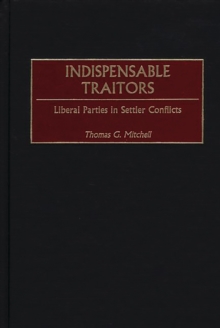
The Kingdom of Swaziland : Studies in Political History PDF
by Gillis D. Hugh Gillis
Part of the Contributions in Comparative Colonial Studies series
Description
A scholarly and engaging study, this history of Swaziland, by an author who spent many years in the kingdom, presents a vivid account of the interplay of politics and personalities along the passage to post-colonial independence. From the early stages of Swazi occupation of the present-day kingdom to the accession of Sobhuza II as king in 1921, this book traces problems in consolidating leadership under the Dlamini chieftaincy and examines the infuence of Boer and British settlers, and of mining and commercial interests, on Swazi culture and governance. It recounts the story of a thriving small nation that sought to maintain traditional customs and institutions in the face of a powerful European presence.
Each of the sixteen chapters concentrates on an aspect of political history that has influenced the character of the present-day kingdom, and much of the material, especially after 1900, has not been utilized in previous studies. The introduction looks at Swazi experience in a contemporary context, evaluating historic forces that have made for stability in a rapidly changing world. Other sections detail the Swazi reaction to European-controlled neighboring states (the Transvaal, Natal, and Mozambique), the tensions introduced by successive Boer and British policies, the Swazi detachment during two external wars (1899-1902 and 1914-1918), and widespread concerns about colonialism and self-governance following World War I.
Information
-
Download - Immediately Available
- Format:PDF
- Pages:224 pages
- Publisher:Bloomsbury Publishing (USA)
- Publication Date:30/03/1999
- Category:
- ISBN:9780313030093
Information
-
Download - Immediately Available
- Format:PDF
- Pages:224 pages
- Publisher:Bloomsbury Publishing (USA)
- Publication Date:30/03/1999
- Category:
- ISBN:9780313030093










